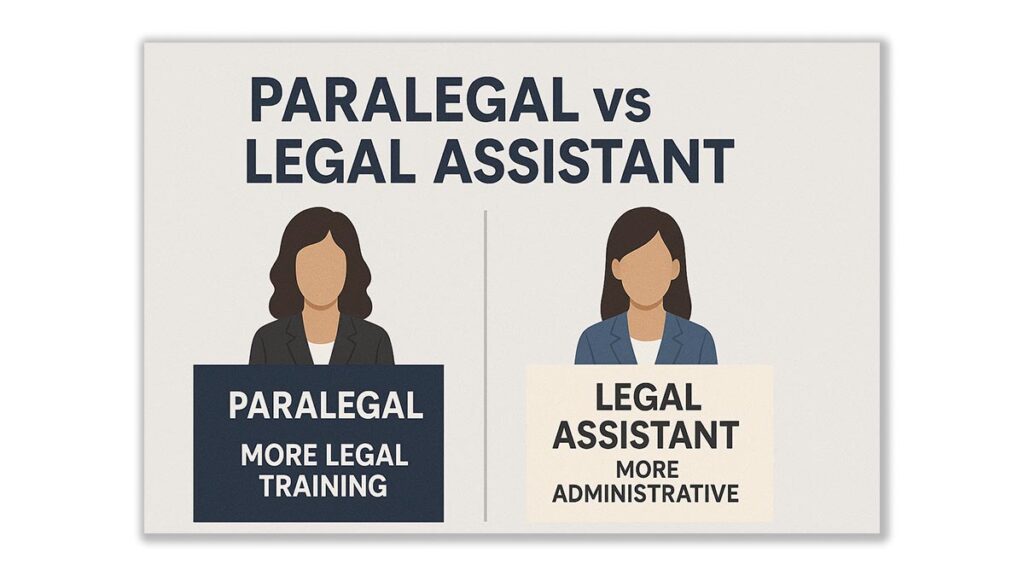The traditional paralegal role has expanded far beyond clerical assistance. Today’s paralegal solutions encompass a diverse range of support offerings, from contract lifecycle management and discovery support to remote deposition preparation and compliance tracking.
Law firms and legal departments are now integrating flexible, scalable paralegal services that go beyond in-house hiring—including:
- On-demand paralegal support
- Remote virtual paralegal teams
- Project-based contract staffing
- Subscription paralegal services
- Outsourced litigation support units
This shift reflects a broader movement in the legal industry: prioritizing process optimization and value-based delegation across legal operations.
Core Components of Modern Paralegal Solutions
| Component | Functionality |
|---|---|
| Substantive Legal Support | Drafting pleadings, preparing motions, supporting trial strategy. |
| Administrative Workflow Support | Filing, calendaring, document management, e-filing systems. |
| Practice-Area Specialization | Paralegals assigned based on domain: PI, immigration, IP, family law, etc. |
| Technology Integration | Use of platforms like Clio, MyCase, NetDocuments, Relativity, and CaseMap. |
| Virtual or Hybrid Availability | Paralegals working remotely via secure cloud access or on-site if needed. |
Legal service providers offering custom paralegal solutions typically develop these services to align with the unique case flow and billing models of each firm.
Use Cases for Paralegal Solutions
Boutique Litigation Firms: Leverage remote paralegals for deposition coordination, trial prep, and discovery review on a per-case basis.
Immigration Law Practices: Utilize bilingual paralegal teams for intake, USCIS filing support, and client documentation collection.
In-House Legal Departments: Engage long-term paralegal solutions for compliance, policy documentation, and contract management across departments.
Solo Practitioners: Adopt virtual assistants for clerical support, form drafting, court deadlines, and client intake—especially during high-growth periods.
e-Discovery Projects: Deploy project-based teams for high-volume review and database tagging using AI-assisted document review platforms.
Technology as the Backbone of Paralegal Solutions
Tech-enabled paralegal solutions dramatically increase efficiency through:
- Document automation tools (e.g., Lawyaw, Woodpecker)
- Case management systems (e.g., PracticePanther, Rocket Matter)
- Collaboration platforms (e.g., MS Teams, Slack integrations)
- AI-assisted legal research (e.g., Casetext, Lexis+)
These tools allow paralegals to collaborate with attorneys remotely, maintain real-time updates, and reduce redundancies in document workflows.
Benefits of Adopting External Paralegal Solutions
| Benefit | Impact |
|---|---|
| Cost Reduction | Avoid fixed salaries and reduce HR overhead. |
| Scalability | Easily increase or reduce support based on caseload. |
| Faster Turnaround | Dedicated teams with focused assignments. |
| Practice-Specific Expertise | Assign professionals trained in your area of law. |
| 24/7 Coverage Possibilities | Use global time zones for continuous production cycles. |
| Focus for Attorneys | Attorneys concentrate on high-level tasks, not administrative ones. |
Comparison: In-House vs Outsourced Paralegal Models
| Factor | In-House Paralegal | Outsourced Paralegal Solutions |
|---|---|---|
| Payroll Responsibility | Firm | Vendor |
| Flexibility | Low (fixed role) | High (as-needed assignments) |
| Onboarding Time | Weeks | 1–2 days |
| Cost per Hour | $35–$70 + benefits | $45–$90 (no benefits or admin costs) |
| Specialty Matching | Generalist mostly | Often niche-trained (e.g., IP, family law) |
Firms using hybrid models—combining both approaches—report increased profitability and more consistent client service.
Can paralegal solutions fully replace traditional in-house staffing?
In many cases, yes—particularly for smaller firms or project-based needs. However, firms with extremely high-volume daily legal support may still benefit from retaining at least one internal paralegal to coordinate with outsourced providers and support attorney priorities. The ideal model is hybrid: internal oversight combined with flexible external resources.
Paralegal solutions are more than a cost-saving tactic—they represent a shift toward agile legal service delivery. From virtual legal support to AI-enhanced workflows, law firms that embrace tailored paralegal solutions gain efficiency, reduce overhead, and sharpen their competitive edge.


